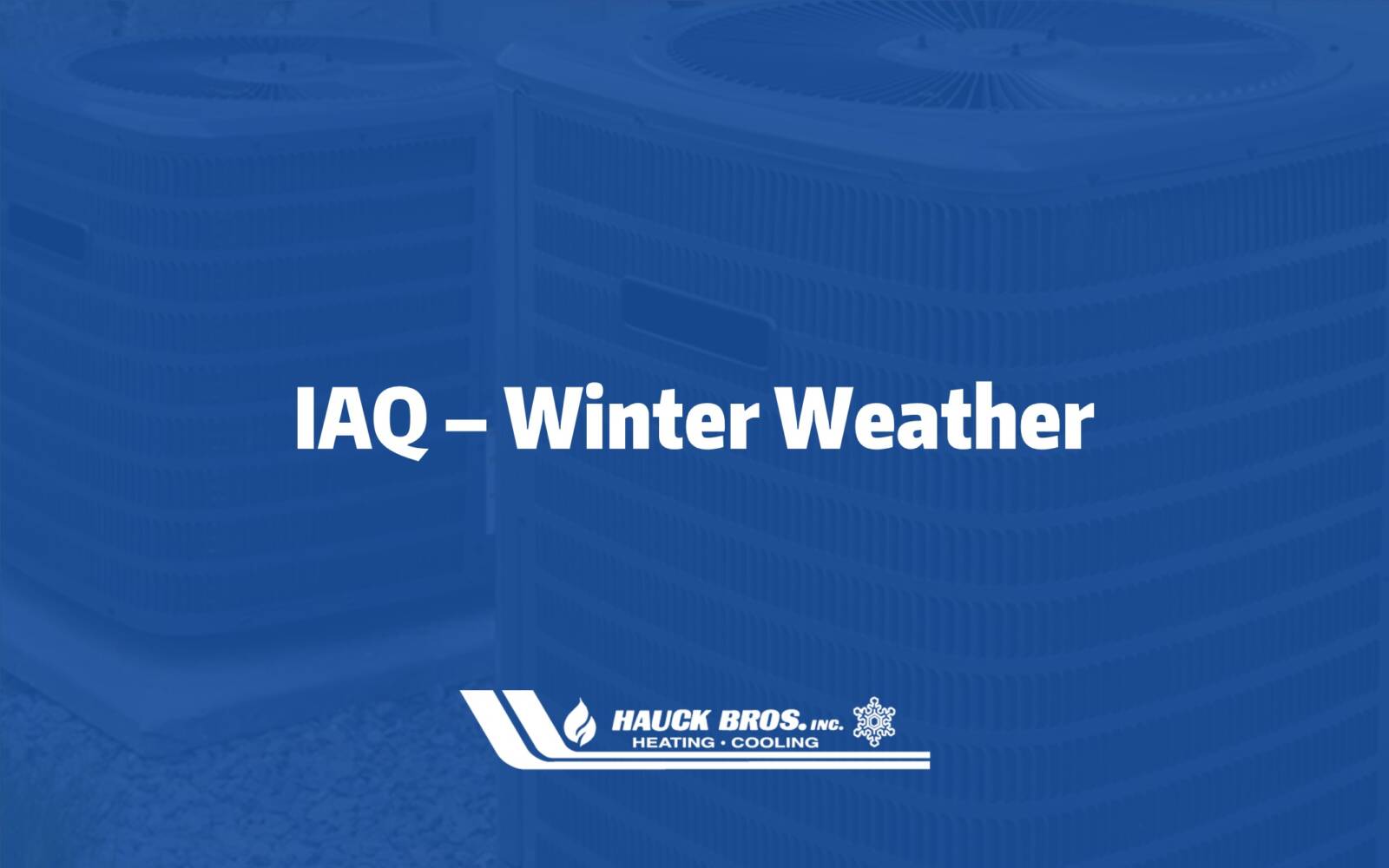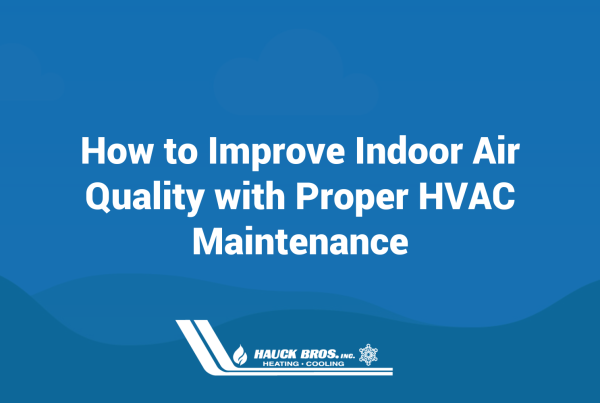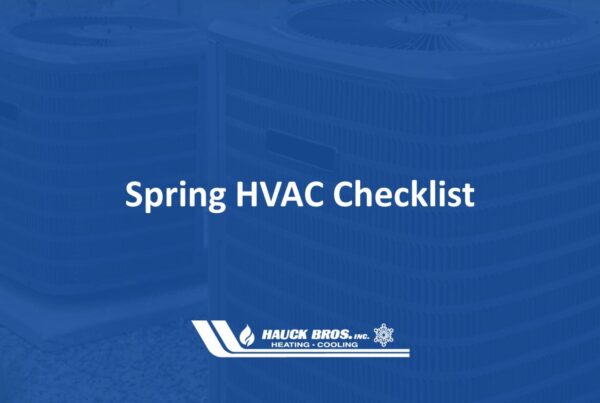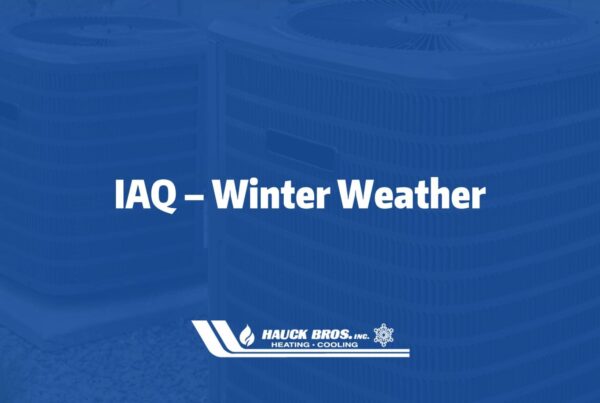
What Causes Poor Indoor Air Quality in Winter?
The winter season usually means spending lots more time indoors, but if your indoor air quality is poor, you could potentially be damaging your health. Pollutants, chemicals, dry winter air, and more can all contribute to poor indoor air quality and lead to illness.
Luckily, there are actions you can take to solve these problems and protect your family’s health. Read on to learn more about some of the factors that can negatively impact your indoor air quality and how to fix them.
Dry winter air
Contrary to popular belief, dry air in the winter is caused by cold outdoor air, not the warm air pumped into your house via your furnace. Even with excellent insulation, cold, dry air in below freezing temperatures can enter your home and cause problems. Not only does dry air lead to cracked, dry skin, but a dry nose and throat can increase the likelihood of catching viruses like influenza.
To combat dry air indoors, a humidifier is key. Small units are available to humidify single rooms, if you’re only needing added moisture in a small space. Whole house humidifiers, on the other hand, can help you control the humidity of your entire house to ensure that your family stays healthy, while making sure the moisture level doesn’t get high enough to cause mold.
Insulation
Modern or newly renovated homes can be nearly air-tight due to improved insultation. While insulation is great for reducing drafts and lowering your heating bill, it can also lower your air quality. With no way to escape, contaminants like bacteria, viruses, mold, and dust mites build up within your home, which can cause illness and respiratory symptoms.
Opening a window can help with air circulation, but it’s not ideal during winter. Instead, ventilation units like heat recovery ventilators (HRVs) and energy recovery ventilators (ERC) can be installed to resolve the issues caused by insulation. HRVs transfer heat from stale, indoor air into cool, fresh air, while ERVs replace both moisture and heat with fresh air.
Pets
For pet owners, it wouldn’t be winter without your dog or cat snuggling at your feet. But pet dander and shedding can reduce air quality levels, especially in the winter months, when pets are indoors longer. Fur and dander buildup can cause itchiness, runny noses, and watery eyes, even if you’re not typically allergic to pets.
Fortunately, it’s easy to keep fur and dander problems at bay by grooming and brushing your pets on a regular basis. Cleaning your house frequently, especially vacuuming, is also important. However, if you’re still noticing a problem, air purification devices like ionizers or ultraviolet (UV) lights can also help filter out pet dander.
Dirt, dust, and other pollutants
Household air pollution is more common than you may think and can consist of a variety of factors. Volatile organic compounds (VOCs) including pollutants from paints, cleaners, and other household chemicals can build up in your home without proper ventilation. Dust and dirt particles can clog up your air filters, and smoke or particulate matter from your fireplace or wood stove can be harmful if they’re suspended in your household air.
To reduce the negative effects of these pollutants, make sure you’re changing your air filter every 30-60 days. You can also clean your vents with a damp cloth to get rid of dirt and debris. To avoid VOC buildup, ensure that your house is well ventilated when undertaking any renovation or remodeling projects.
The best way to improve your winter air quality
If you want to improve the indoor air quality of your home, enlisting a professional HVAC technician to help is the optimal way to do so. In the fall, schedule your HVAC maintenance to verify that your heating and ventilation systems are working properly. An HVAC technician can also assist you with determining whether an air purification or cleaning system could be beneficial to your home.
At Hauck Bros. Inc. Heating & Cooling, we offer exceptional HVAC maintenance services, and can help you with choosing an air purifier or filtration system that will work for you. Reach out to us today to learn more about how we can help keep your indoor air clean and healthy for the winter.
Related Posts




